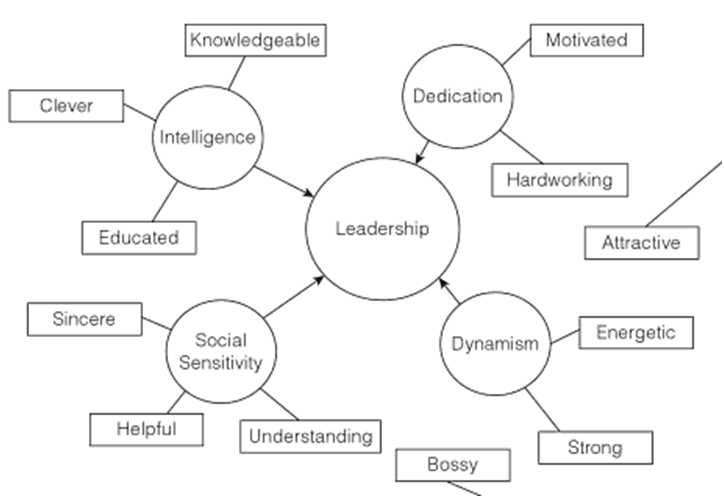Important Leadership Skills and Capabilities: a brief literature review
Reasonable amount of works have been devoted to the study of leadership skills and capabilities. According to Bertocci and Bertocci (2009), one of the most basic and necessary leadership qualities relates to the development of organisational vision in an effective manner and ensuring that employees are motivated by this vision.
Ricketts and Ricketts (2011) consider the ability to influence others as a core leadership quality. At the same time, Ricketts and Ricketts (2011) accept that influencing can be done in a positive or negative manner and discusse the advantages of positive influencing as compared to negative influencing in long-term perspective.
Similarly, the ability to motivate other people is seen by Davies and Brundrett (2010) as one of the most important trait for leaders. Confirming this point, Obolensky (2010) finds positive correlation between the level of effectiveness of organisational leaders, and the use of intangible motivational tools. In other words, according to Obolensky (2010) the most effective leaders use tangible motivational tools to a minimum extent, effectively appealing to inner psychological and career development needs of their subordinates.
Differences between tangible and intangible motivators and their implications on leadership practices need to be explained in greater detail in order to further clarify the point above. Schermerhorn et al. (2011) confirm that tangible motivational tools include elements present in physical terms that can be obtained and/or experienced such as money, holidays, free meal, etc. Intangible motivational tools, on the other hand, include prestige, verbal and written appreciations from management, the provision of various titles etc (Griffin, 2011).
Forsyth (2009) covers a greater range of leadership skills and capabilities in his work and represents interrelationships within leadership skills and capabilities in the following manner:
Important leadership skills and capabilities
Source: Forsyth (2009)
Specifically, leadership skills and competencies are divided by Forsyth (2009) into four broad categories: intelligence, dedication, social sensitivity, and dynamism. Forsyth (2009) further divides each of these categories into elements that represent skills and capabilities to be possessed by successful leaders.
References
Bertocci, D, I. & Bertocci, D.L. (2009) Leadership in Organisations: There is a Difference Between Leaders and Managers University Press of America
Davies, B. & Brundrett, M. (2010) Developing Successful Leadership Springer Publications
Forsyth, D.R. (2009) Group Dynamics 5th edition, Cengage Learning
Griffin, R.W. (2011) Fundamentals of Management Cengage Learning
Obolensky, N. (2010) Complex Adaptive Leadership: Embracing Paradox and Uncertainty Gower Publishing
Rickets, C. & Ricketts, J.C. (2011) Leadership: Personal Development and Career Success Cengage Learning
Schermerhorn, J.R., Osborn, R.N. & Hunt, J.G. (2011) Organisational Behaviour John Wiley & Sons

